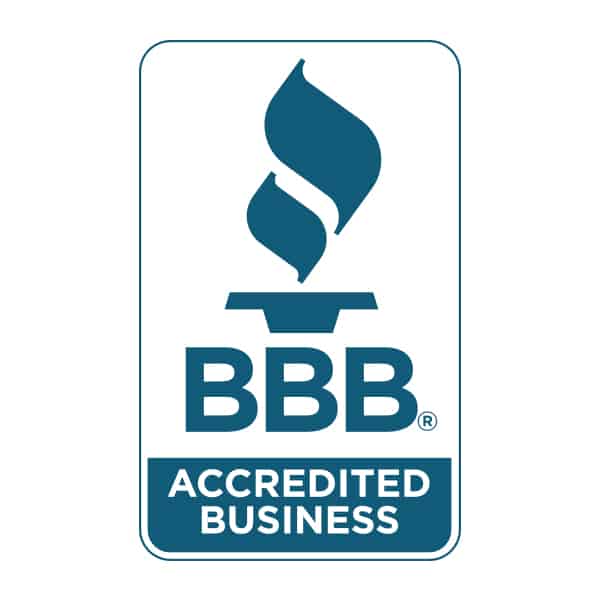If you’re getting a new roof membrane installed, a warranty is an important consideration. It is a significant investment; one you should expect to protect your investment, property, and tenants for years to come.
What Warranties Are Available?
There are three main types of flat roof warranties available on the market:
- workmanship;
- materials-only; and
- material and workmanship.
A workmanship warranty covers labor and installation. It is an assurance that the roofing contractor will stand by his or her work and repair any mistakes or defects that may arise as a result of their workmanship.
A materials-only warranty is a warranty covering the manufacturer’s materials used to install your roof. It means that if your roof fails because of a shortcoming or malfunction in the manufacturer’s roofing materials, they will cover the cost of replacement. A material-only warranty does not apply to products made by another manufacturer. It also does not cover workmanship defects or wind, hail, and ice damage.
Finally, a materials and workmanship warranty covers materials, labor, and installation. It certifies the installer will follow detailed manufacturer installation instructions and the manufacturer will guarantee their workmanship as a result. It also covers all parts and materials used during the installation.
What Is the Best Warranty?
At Flat Roof Solutions, we specialize in installing single-ply membrane flat roofing solutions. In our experience, customers who get a manufacturer-issued materials and workmanship warranty have the best roofing outcomes. The reason is the manufacturer holds the roofer to a higher installation standard than they may do on their own.

Here’s why that happens.
Manufacturer-Created Installation Specifications
Roofers that issue their own warranty are not working with a guide. They are free to do less than what a prudent design would call for.
A good example of this is the number and placement of roof fasteners. In the field of a fully adhered roof, you need a minimum of 12 fasteners per 4×8 sheet of polyisocyanurate or ISO. At Flat Roof Solutions, we routinely see installations where the roofer warranted the job and used only 4 or 5 fasteners. Since there was no 3rd-party inspection (like when the manufacturer inspects the roof), and probably no mention of a design spec, they felt free to short the job.
Off-Brand and Cheap Products
In most cases, the manufacturer is unaware their product is even being used on a job. They, therefore, do not warranty their product.
Product Consistency
A roof built like a chain is only as strong as its weakest link.
Materials and Workmanship Warranty
Manufacturers usually go through an inspection at the end of the job before the warranty is issued. By choosing to work with a certified installer, you are effectively weeding out low-quality roofers doing a substandard installation and end up with a far better, longer-lasting, and reliable outcome.











Add your first comment to this post